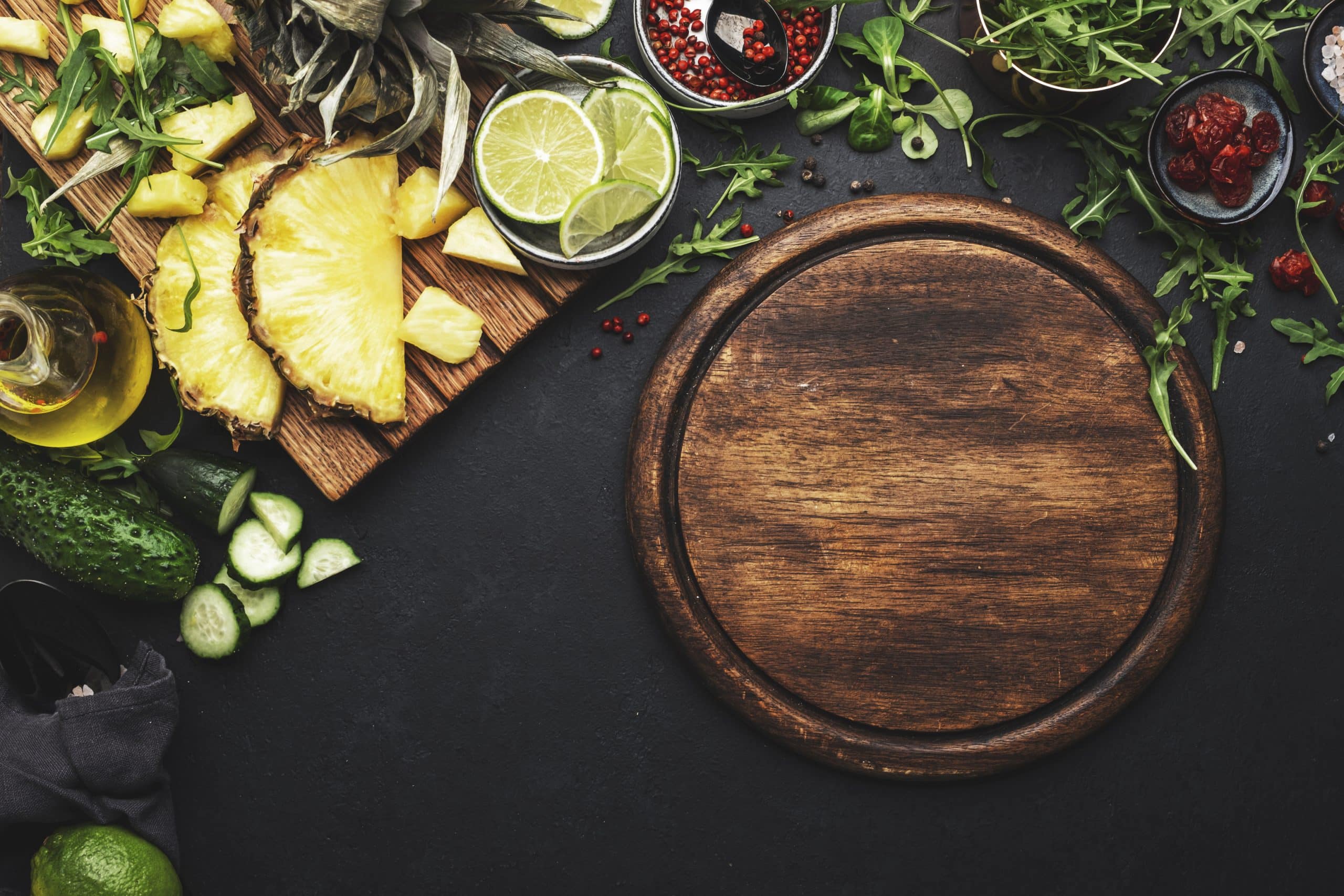What Are the Key Nutritional Strategies for Enhancing Collagen Production for Skin Health?

In the realm of skincare, collagen is a term you’ve likely heard frequently. As you age, the natural collagen production in your body decreases, which can lead to skin damage, wrinkles, and a loss of skin elasticity. However, certain nutritional strategies can influence collagen synthesis and promote healthier skin. This article dives deep into these strategies, discussing the role of collagen, the effects of aging, and the foods, supplements, and vitamins that can boost collagen levels in your body.
The Importance of Collagen for Skin Health
Before we delve into the strategies to enhance collagen production, it’s critical to understand why collagen is vital for skin health. Collagen, a protein that makes up one-third of your body’s protein content, is essentially the glue that holds everything together. In your skin, it provides structure, elasticity, and resilience.
Sujet a lire : What Are the Potential Health Benefits of Hypnotherapy in Managing Irritable Bowel Syndrome?
Unfortunately, several factors, such as aging and exposure to environmental toxins, can reduce collagen levels and damage skin cells. As collagen production slows down, you might notice wrinkles, sagging skin, and other signs of aging. By understanding how to protect and boost your collagen, you can help mitigate these effects and maintain healthy, youthful skin.
The Impact of Aging on Collagen Production
From your mid-20s and onward, the body’s collagen production begins to decline. The process is natural, but its effects on the skin are often unwanted, resulting in wrinkles, decreased elasticity, and drier skin. Aside from chronological aging, environmental factors like sun exposure, smoking, and pollution can also accelerate collagen depletion and skin damage.
A voir aussi : How Do Biomechanical Assessments in Athletes Help Prevent Overuse Injuries?
To combat the effects of aging, it’s crucial to take proactive measures. A diet high in specific nutrients can stimulate collagen production and reduce the rate at which collagen is degraded, essentially slowing down the aging process from within.
Nutrition and Collagen Production: Foods High in Protein
Protein-rich foods are key to boosting collagen production. Collagen is a protein, and like all proteins, it’s made up of building blocks called amino acids. Consuming a diet high in quality protein provides your body with the necessary amino acids to produce collagen.
Foods like lean meat, fish, eggs, dairy, and plant-based proteins such as legumes, nuts, and seeds are excellent sources of protein. Consuming a diverse range of these foods will provide a variety of amino acids, supporting overall protein synthesis and collagen production.
The Role of Vitamins and Antioxidants in Collagen Synthesis
Beyond protein, certain vitamins and antioxidants play a significant role in collagen synthesis, specifically vitamins A, C, and E. Vitamin C is particularly crucial as it’s directly involved in collagen synthesis. Foods high in vitamin C include citrus fruits, strawberries, red bell peppers, and broccoli.
Vitamin A helps repair damaged collagen, and it’s found in foods like sweet potatoes, carrots, and spinach. Vitamin E, a powerful antioxidant, protects your skin from damage by neutralizing harmful free radicals. You can find it in foods like nuts, seeds, and leafy green vegetables.
Antioxidants, in general, are beneficial for skin health as they assist in combating free radicals that could damage skin cells and degrade collagen. Eating a diet rich in colourful fruits and vegetables will provide a broad spectrum of antioxidants.
Supplements to Boost Collagen Production
While a balanced diet is essential, some people may choose to supplement their diet to promote collagen production further. Collagen supplements, often in the form of powders or capsules, are readily available and can be a convenient way to boost collagen intake.
In addition to collagen supplements, vitamin C and hyaluronic acid supplements can also support collagen synthesis. Hyaluronic acid, which helps retain skin moisture, also plays a role in collagen production.
However, supplements should not replace a healthy diet, but rather complement it. It’s also important to speak with a healthcare provider before starting any new supplement regimen.
In conclusion, collagen production is integral to maintaining skin health and combatting the signs of aging. By incorporating protein-rich foods, vitamins, antioxidants, and potentially supplements into your diet, you can support your body’s collagen production and promote healthier, more youthful-looking skin.
The Influence of Fatty Acids and Bone Broth on Collagen Production
In addition to proteins, vitamins, and antioxidants, fatty acids, particularly omega-3s, play an instrumental role in skin health. These essential fats, found in high quantities in fatty fish, walnuts and flaxseeds, contribute significantly to the health of the skin’s cell membrane, which is the foundation for robust and vibrant skin. The healthy cell membrane supports the skin’s ability to hold water, resulting in moister, softer, and wrinkle-free skin. A Google Scholar research review further points out that omega-3 fatty acids can offer protection against sun-induced damage, reducing the risk of premature skin aging.
Bone broth, a popular health food trend, is another potential collagen-booster worth mentioning. It’s made by simmering animal bones and connective tissue. The resulting nutrient-dense broth contains not only collagen but also other beneficial compounds like amino acids, calcium, and hyaluronic acid. Consuming bone broth offers a naturally occurring and bioavailable form of collagen, which can support the body’s collagen synthesis, thus, enhancing skin health and reducing the visible signs of aging.
The Interaction of Collagen Peptides and Anti-Inflammatory Foods in Wound Healing
Collagen peptides, smaller chains of amino acids derived from collagen, have gained popularity in recent years for their beneficial effects on skin health. These peptides are easily absorbed by the body and can stimulate collagen production, promoting skin elasticity and hydration. A study documented on Google Scholar discusses how collagen peptides can expedite wound healing and reduce inflammation, proving advantageous for individuals with compromised skin health.
Anti-inflammatory foods like turmeric, ginger, berries, and green leafy vegetables are also crucial in maintaining skin health and supporting collagen synthesis. Chronic inflammation can accelerate skin aging by stimulating collagen breakdown. Including anti-inflammatory foods in your diet can combat this inflammation and aid in preserving your skin’s collagen levels.
Conclusion: A Holistic Approach to Skin Health and Collagen Production
Collagen production is indeed a key aspect of skin health and combating the signs of aging. To enhance collagen synthesis, a multi-faceted approach can be beneficial. Including a variety of protein-rich foods, vitamins, antioxidants, healthy fats, and collagen-rich foods like bone broth in your diet can provide the necessary building blocks for collagen production.
In some instances, supplements like collagen peptides, vitamin C, and hyaluronic acid could be beneficial. However, remember that supplements should complement a balanced diet, not replace it. Before integrating any supplemental aids into your regimen, always consult with a healthcare provider.
Moreover, lifestyle choices also significantly impact skin health. Factors like sufficient sleep, regular exercise, proper hydration, and sun protection are just as crucial in maintaining healthy skin.
In essence, while collagen is a critical component of skin health, it is the overall diet and lifestyle that ultimately contribute to the health and vitality of your skin. Remember that the best approach to skin care is usually holistic, focusing not just on a single aspect but on overall health and wellbeing.
